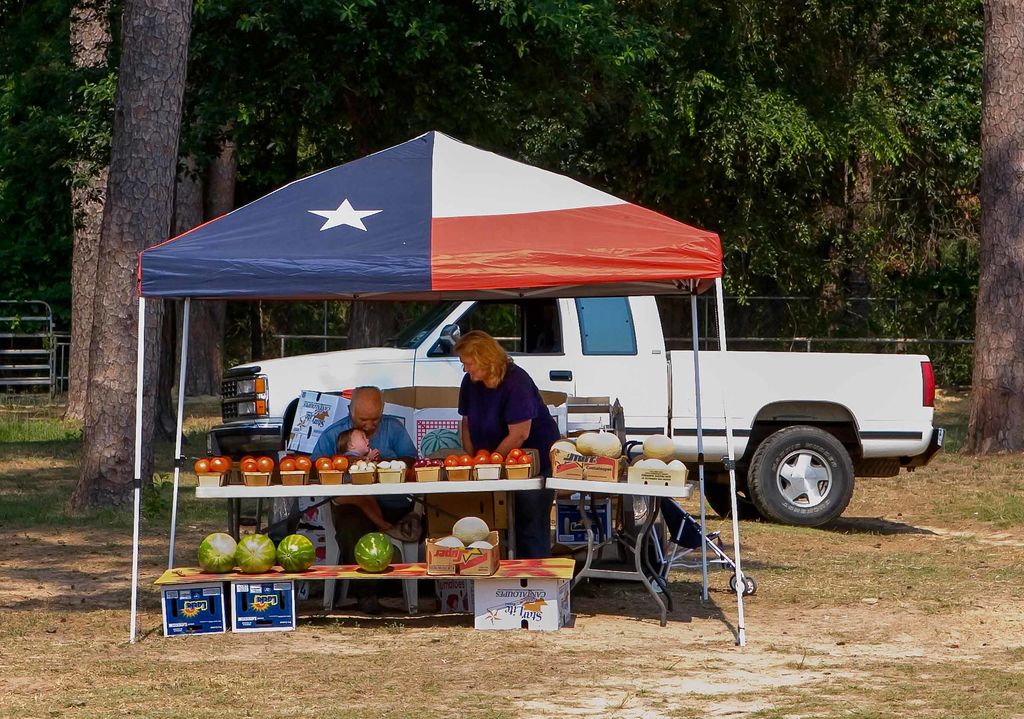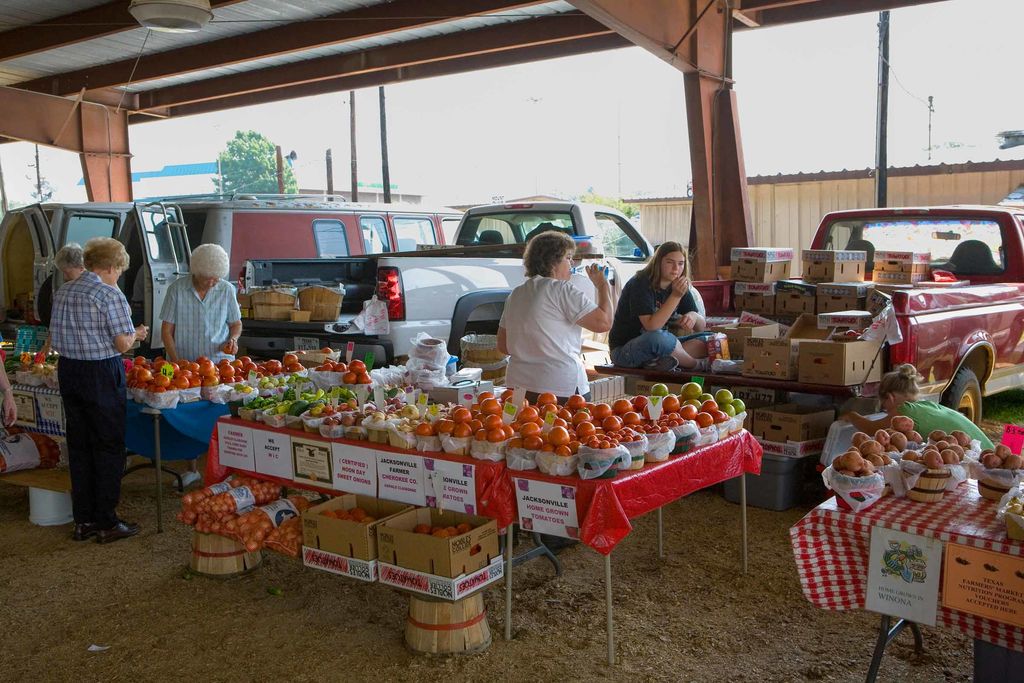
The small farming industry has grown exponentially in recent years, with more individuals realizing the benefits of owning their own piece of fertile land. However, starting and monetizing a small farm requires careful planning, a sound understanding of the market, and a clear vision of your goals. Here’s how you can kickstart your journey into successful small farming.
Determining Which Crops Are in Demand
The first step towards starting a profitable farm is identifying what crops or goods are in high demand in your local area or wider market. Research seasonal trends, visit local farmer’s markets, and talk to restaurant owners. This will not only help you understand what consumers want but also give you insights into potential competition.
Setting Up an LLC
Forming a limited liability company through ZenBusiness for your small farm is a prudent step for several reasons. Firstly, it provides crucial legal protection by separating your personal assets from those of the business. In the event of unexpected liabilities, like accidents or lawsuits, your personal finances and assets are shielded from potential losses, minimizing financial risks.
Additionally, an LLC structure offers flexibility in management and tax benefits, allowing you to choose how the business is run and taxed. It also enhances credibility and professionalism in dealings with customers, suppliers, and potential investors, which can be particularly important for small farms looking to expand or secure partnerships.
Creating a Budget
Once you’ve decided on what to produce and you’ve set up your LLC, it’s time to create a budget. Factor in costs such as seeds, equipment, labor, and maintenance. Remember to include both initial setup costs and recurring expenses. Farmbrite notes that a well-planned budget will not only keep your finances in check but also help you identify areas where you can minimize costs.
Check Out the Housing Market If You’re Moving
Relocating to a new property to run your small farm may become necessary for a variety of reasons, with the state of the housing market playing a significant role. Firstly, if your current property lacks the necessary acreage, soil quality, or infrastructure required for your farming goals, moving to a larger or more suitable location may be essential for the success of your agricultural venture.
Changes in zoning regulations or land use policies could also affect your ability to continue farming on your existing property, making a move to a more agriculture-friendly area a practical choice. Moreover, fluctuations in the housing market can create opportunities to sell your current property at a favorable price, potentially providing you with the funds needed to purchase a more suitable farm. Therefore, keeping an eye on the housing market in Elkhart for example can help you make informed decisions about relocating and improving the prospects of your small farm.
Promoting Your Farm and Products
Promotion serves as the cornerstone for monetizing your farm effectively. Leverage various content marketing tactics to captivate potential customers and pique their interest. This could involve writing in-depth blogs about your unique farming methods, sharing captivating photos of your fresh produce on social media platforms, or by creating Google Web Stories that are informative and engaging. Such marketing strategies not only bolster your visibility but also foster trust among consumers, thereby enhancing the likelihood of them preferring your products over the competition.
Developing Relationships With Local Vendors
Building strong relationships with local vendors can significantly boost your farm’s profitability. Rewards Network suggests establishing connections with local restaurants, grocery stores, and farmers’ markets. Supplying directly to these businesses can often yield better returns than selling to larger corporations or middlemen.
Taking Advantage of Government Grants and Tax Credits
Governments often provide grants and tax credits to encourage small farming. Look into your local government’s agricultural policies to see if you qualify for any financial assistance. These incentives can significantly reduce your startup costs and contribute to your farm’s long-term sustainability.
Consulting Online Resources for Expert Gardening Advice
Whether you’re a novice farmer stepping into the field or an experienced one aiming to broaden your crop spectrum, expert counsel is indispensable. The internet is brimming with invaluable resources that offer comprehensive insights into various farming methodologies, pest management, the science of crop rotation, and so much more. Utilizing such tools not only safeguards you from costly errors but also significantly enhances your farming output. Additionally, they serve as a great platform for lifelong learning in the dynamic world of agriculture.
Determining the Best Pricing Strategy for Your Goods
Finally, pricing your goods correctly is vital. Too high, and you risk alienating customers; too low, and you may not cover your costs. Determine a pricing strategy that takes into account your production costs, market demand, and competitor pricing. Remember, the goal is to find a balance that ensures profitability while still offering value to your customers.
Starting and monetizing a small farm is a complex process that requires strategic planning and execution. However, by identifying in-demand crops, creating a realistic budget, effectively promoting your farm, building relationships with local vendors, taking advantage of government incentives, utilizing expert advice, and implementing a sound pricing strategy, you can transform your small farm into a profitable business. Remember, success won’t come overnight, but with persistence and dedication, your farming venture can thrive.
Written by Bonnie McDonald
Images by Larry Lynch Photo